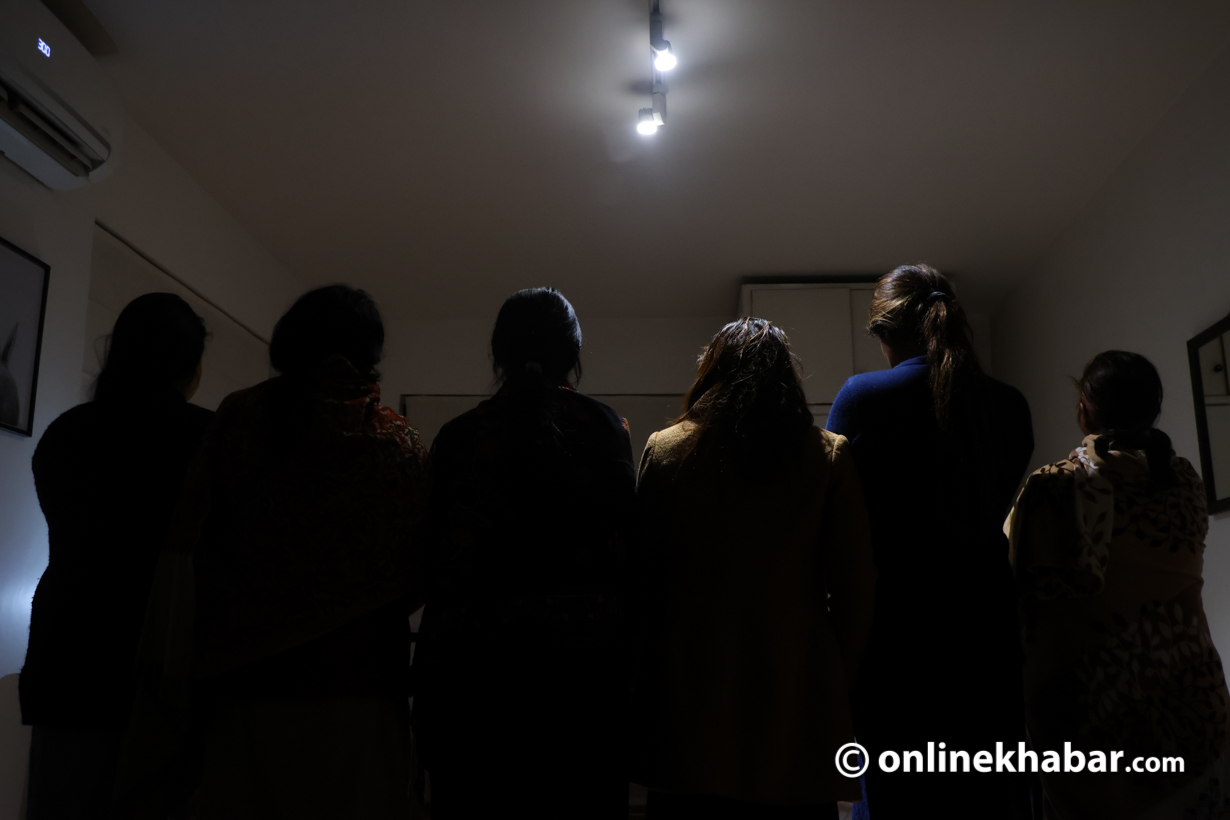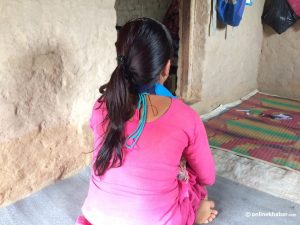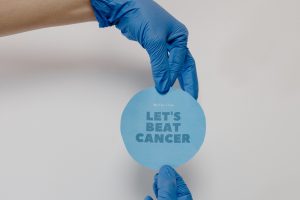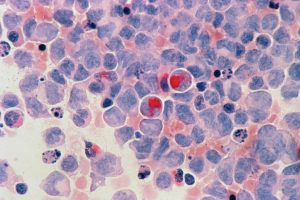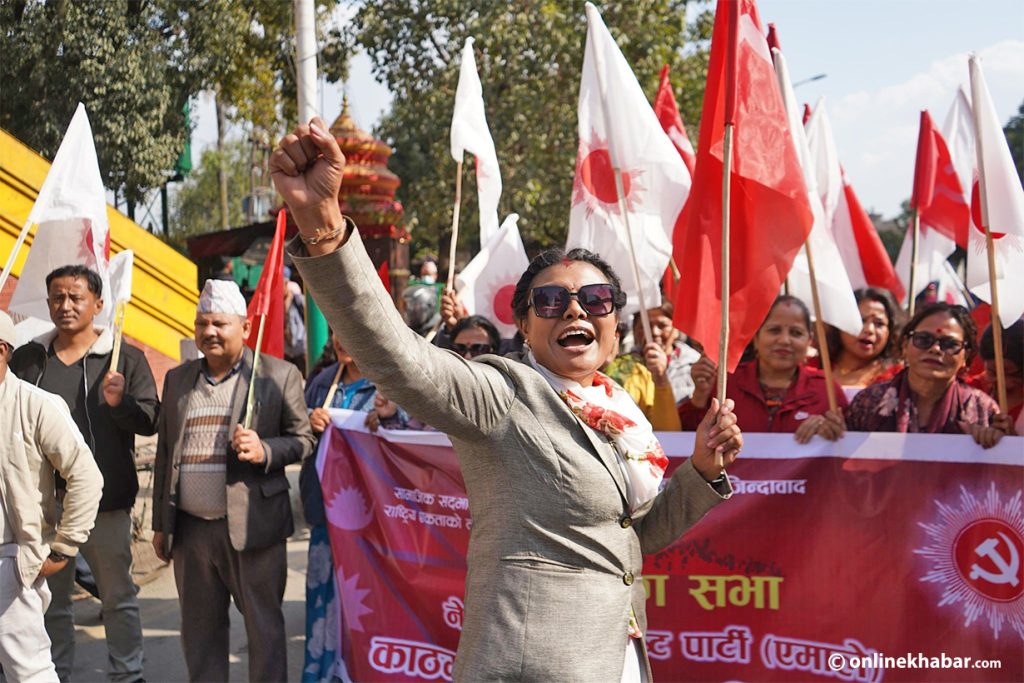
Kathmandu, June 19
The health condition of women who survived rape during the conflict is dire. In a three-day health screening conducted two weeks ago for 38 survivors, 11 were diagnosed with cancer, informed Devi Khadka, Coordinator of the National Association of Conflict Rape Victims.
“Among the 38 women tested, 11 were found to have cancer, and eight are in immediate need of hysterectomies,” Khadka told Onlinekhabar. “Further tests are being conducted to determine the stage of cancer in those diagnosed.”
According to Khadka, 10 women have been prescribed medication for leukorrhea, while others require psychosocial counselling.
Khadka highlighted the severe impact of delayed transitional justice legislation, noting that many victims risk losing their lives. She expressed frustration at government representatives for ignoring the law, engaging in foreign trips, and celebrating events while victims continue to suffer.
“Wednesday marks the International Day for the Elimination of Sexual Violence in Conflict worldwide,” she said, “However, the victims are forced to await death without receiving timely medical treatment, let alone justice.”
Khadka accused the government of mocking victims by failing to enact a single law in the 18 years since the peace agreement.
“Some patients need immediate hysterectomies, and many struggle with basic healthcare issues,” Khadka stated. “We are pleading with hospitals to provide treatment, but not all comply.”
This is the fourth health camp organised by the association for victims’ medical care. In three previous camps held last December, 85 per cent of the 127 tested victims exhibited mental health issues. The latest camp involved new victims from different regions who underwent health screening for the first time through the organisation’s efforts.
Khadka noted that the patients face economic, health, and mental problems, and the fear of exclusion. “Victims fear going to the hospital for treatment as they worry about family and social ostracisation,” she said. “They neglect their festering wounds and live with severe health issues.”





